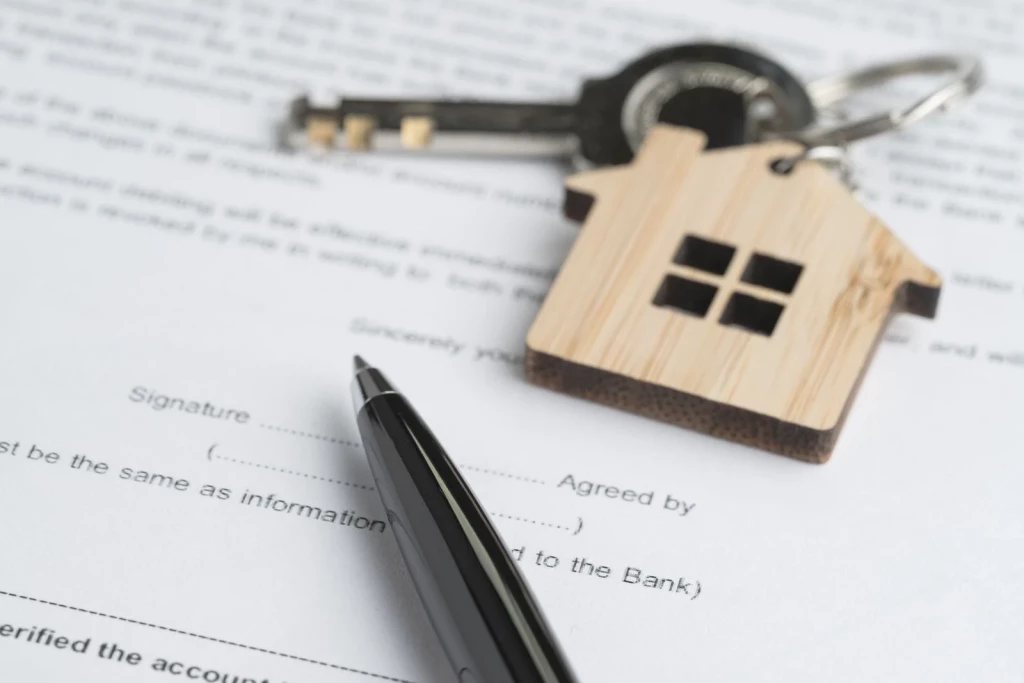
Essential Documents Required Before Selling Your Property in Dubai
Selling a property in Dubai involves a series of legal and administrative procedures to ensure a smooth and legally binding transaction. Whether you're selling a residential apartment, villa, or commercial property, it's crucial to have all the necessary documentation in order.
Here's a comprehensive guide to the essential documents you'll need before selling your property in Dubai:
Title Deed (Original)
The title deed is the legal document proving ownership of the property. Before selling, ensure you have the original title deed in your possession. If the property is mortgaged, you'll also need a no-objection certificate (NOC) from the mortgage provider. Check: Everything You need to Know About Title Deeds in Dubai.
Passport Copies
Provide copies of your passport and Emirates ID (if applicable) as proof of identity. If you're a non-resident seller, you may also need additional documents such as a visa or residency permit.Must read: How to Create Perfect Home Office in Dubai
Utility Bill Clearance
Obtain clearance certificates from utility service providers (DEWA for electricity and water, and Empower for district cooling) confirming that all outstanding bills have been settled up to the transfer date.
Service Charge Clearance
If your property is located within a community or development with service charges, ensure all dues are paid up to date. Obtain a clearance certificate from the community management confirming the same.
DLD Form
Complete the Dubai Land Department (DLD) form, also known as the Form F. This form includes details of the property, seller, buyer, and transaction terms. Both parties must sign the form, and it must be attested by a notary public. Beside, Dubai Real Estate is an Affordable Market
Power of Attorney (if applicable)
If you're unable to attend the property transfer process in person, you may appoint a representative through a power of attorney. Ensure the power of attorney is duly attested and valid for property transactions.
No Objection Certificate (NOC) from Developer (if applicable)
If the property is located in a master-planned community or a development under construction, you may need an NOC from the developer confirming there are no outstanding dues or objections to the sale.
Buyer's Cheque
Request a manager's cheque from the buyer for the agreed sale amount. This cheque will be deposited with the DLD as part of the property transfer process.
Real Estate Broker Agreement (if applicable)
If you're using the services of a real estate broker, ensure you have a valid brokerage agreement outlining the terms and commission payable upon the sale of the property.
Clearance Certificates from Authorities (if applicable)
Depending on the location and type of property, you may need additional clearance certificates from government authorities or regulatory bodies.
Tips to Enjoy a Safe and Successful Property Sale in Dubai
Selling property in Dubai involves significant financial transactions and legal procedures, so it's essential to follow certain tips to ensure a safe and successful sale. Here are some key tips to consider before selling property in Dubai:
Verify Ownership and Title Deeds
Before listing your property for sale, ensure that you have clear ownership of the property and possess the original title deed. Verify the accuracy of property details in the title deed, including size, location, and ownership particulars.
Set Realistic Pricing
Conduct thorough market research to determine the current market value of your property in Dubai. Set a realistic and competitive asking price based on comparable properties in the area, taking into account factors such as location, amenities, and market demand.
Prepare Documentation
Gather all necessary documentation, including title deeds, utility bill clearance certificates, service charge receipts, and any relevant permits or approvals. Ensure that your documentation is complete, accurate, and up-to-date to expedite the selling process.
Consult Legal Advisors
Seek advice from legal professionals specializing in real estate transactions in Dubai. A qualified lawyer can review contracts, offer guidance on legal requirements, and ensure that all aspects of the sale comply with local laws and regulations.
Engage Reputable Real Estate Agents
Consider enlisting the services of reputable real estate agents or agencies with a proven track record in Dubai's property market. Choose agents who are licensed by the Dubai Land Department (DLD) and have extensive experience in selling properties similar to yours.
Market Your Property Effectively
Utilize various marketing channels to promote your property, including online listings, social media platforms, and print advertisements. Showcase high-quality images and detailed descriptions to attract potential buyers and generate interest in your property.
Negotiate Terms Wisely
Be prepared to negotiate with potential buyers on price, payment terms, and other conditions of the sale. Prioritize your interests while remaining open to reasonable offers to facilitate a mutually beneficial transaction. Discover Beauty of Uptown Tower JLT in Dubai
Ensure Secure Payment Transactions
Exercise caution when accepting payment from buyers and ensure that all financial transactions are conducted through secure and reputable channels. Consider using escrow services or involving legal professionals to oversee payment transactions and minimize the risk of fraud or disputes.
Conclusion
Before proceeding with the sale of your property, it's advisable to consult with a legal advisor or real estate expert to ensure you have all the necessary documentation in order. By preparing and organizing these documents in advance, you can expedite the property sale process and minimize the risk of complications or delays.By following these tips and seeking professional guidance throughout the selling process, you can sell your property in Dubai safely and with confidence, maximizing your chances of a successful and hassle-free transaction.






